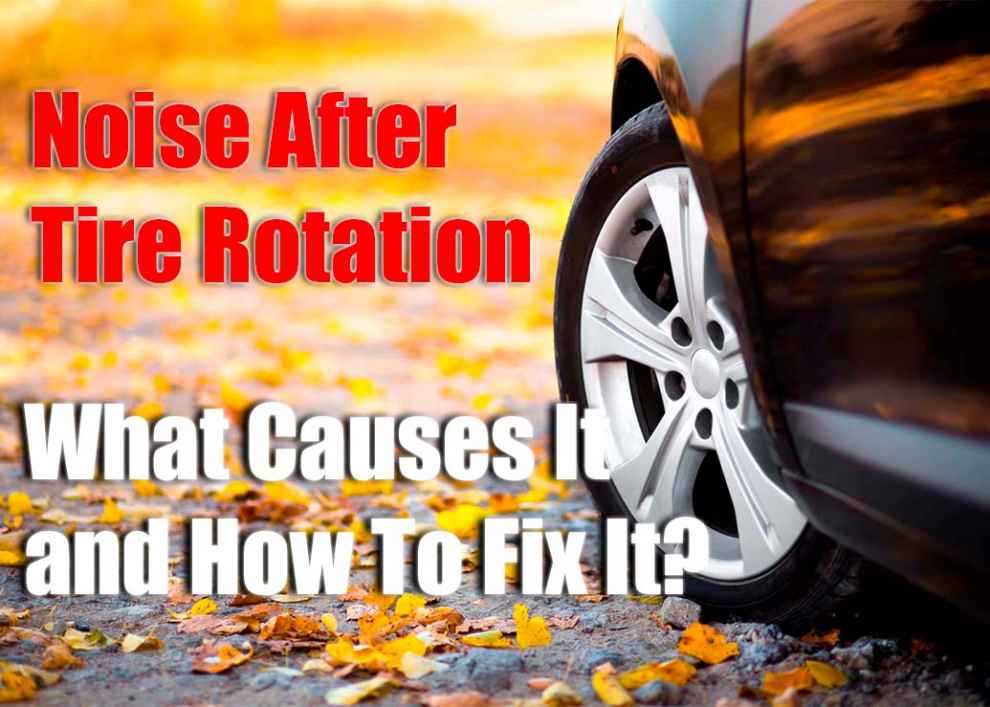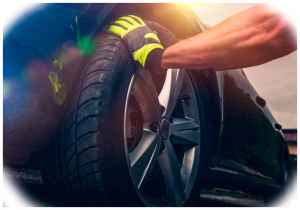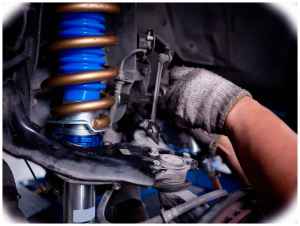If you experience a rattling or humming noise after tire rotation, it may indicate a problem with your car’s tires, wheel alignment, suspension components or shock absorbers/struts. It is important to diagnose and address the issue as soon as possible to ensure the safety of your vehicle and its passengers. In this article, we will discuss the potential causes of noise after tire rotation and how to fix them.
Causes of Noise After Tire Rotation:
-
Unbalanced Tires: The most common cause of noise after tire rotation is unbalanced tires. This means that the weight distribution of one or more tires is unevenly distributed across them, resulting in an imbalance when driving at higher speeds. To fix this problem, you can have your tires balanced by a professional mechanic or do it yourself with a tire balancer tool.
-
Wheel Alignment Problems: Another potential cause for noise after tire rotation could be an alignment issue with one or more wheels on your vehicle. If you notice unusual wear patterns on your treads that are not even, it could mean that there is a misalignment between two wheels due to improper wheel camber angles or caster angles. This can lead to extra strain on the suspension components, causing an uncomfortable ride and increased noise.
-
Faulty Suspension Components: Faulty suspension components can also cause noise after tire rotation. If certain parts of your car’s suspension system are worn out or damaged, such as shocks, struts, stabilizer bars or control arms, it can lead to rattling noises when driving.
-
Worn-Out Shock Absorbers/Struts: Worn-out shock absorbers and struts can also contribute to noise after tire rotation. Shock absorbers and struts are responsible for absorbing most of the bumps and vibrations from the road and keeping your ride comfortable. When these components wear out over time, they become less effective at cushioning the car from impacts which can cause louder noises that get worse with rotation of tires.
-
Loose Wheel Bolts/Nuts: Lastly, loose wheel bolts/nuts can cause a buzzing sound when driving after tire rotation as they come into contact with other parts of the vehicle or with each other. This is especially common on cars with alloy wheels, so it is important to make sure that all nuts and bolts are properly tightened before driving off again after a tire rotation. You can choose here the Best Jeep Lug Nuts.
Solutions to Get Rid of the Noise:
-
Balancing the Tires: The first step in solving any noise problems is to ensure that your tires are properly balanced. If you suspect that this may be the cause of your noise after tire rotation, you can either have it done professionally at a local tire shop or purchase a tire balancer tool and do it yourself at home.
-
Correcting Wheel Alignment Issues: If an alignment issue is causing your noise after tire rotation, then you will need to take your car in for a wheel alignment service from a qualified mechanic. They will use specialized equipment to adjust the camber and caster angles on each wheel back into proper position, which should help reduce any vibrations or rattling noises from occurring when driving again after a tire rotation.
-
Replacing Suspension Parts: If faulty suspension components are causing the issue, then you may need to replace certain parts such as shocks, struts, stabilizer bars or control arms with new ones in order to restore comfort and reduce noise when driving again after tire rotation.
-
Replacing Shock Absorbers/Struts: If worn-out shock absorbers /struts are causing the noise, then you may need to replace them with new ones in order to restore comfort and reduce noise. This should help reduce any vibrations or rattling noises from occurring when driving again after a tire rotation.
-
Tightening Wheel Nuts/Bolts: Lastly, if loose wheel nuts/bolts are causing a buzzing sound when driving after tire rotation, then you will need to make sure that all nuts and bolts are properly tightened before taking your vehicle back on the road again.
|
Cause of Noise |
Fixing the Noise |
| Unbalanced Tires | Balance Tires (professional or DIY) |
| Wheel Alignment Issues | Align Wheels (professional) |
| Faulty Suspension Components | Replace Suspension Parts (professional) |
| Worn-Out Shock Absorbers/Struts | Replace Shock Absorbers/Struts (professional) |
| Loose Wheel Bolts/Nuts | Tighten Wheel Bolts/Nuts (DIY) |
Conclusion:
Noise after tire rotation can be caused by unbalanced tires, wheel alignment issues, faulty suspension components or worn-out shock absorbers/struts. Diagnosing and addressing the issue is important in order to ensure the safety of your vehicle and its passengers. Solutions to get rid of the noise include balancing the tires, correcting any wheel alignment issues, replacing faulty suspension parts or shock absorbers/struts and tightening any loose wheel nuts/bolts.

 Unbalanced Tires: The most common cause of noise after tire rotation is unbalanced tires. This means that the weight distribution of one or more tires is unevenly distributed across them, resulting in an imbalance when driving at higher speeds. To fix this problem, you can have your tires balanced by a professional mechanic or do it yourself with a tire balancer tool.
Unbalanced Tires: The most common cause of noise after tire rotation is unbalanced tires. This means that the weight distribution of one or more tires is unevenly distributed across them, resulting in an imbalance when driving at higher speeds. To fix this problem, you can have your tires balanced by a professional mechanic or do it yourself with a tire balancer tool. Replacing Shock Absorbers/Struts: If worn-out shock absorbers /struts are causing the noise, then you may need to replace them with new ones in order to restore comfort and reduce noise. This should help reduce any vibrations or rattling noises from occurring when driving again after a tire rotation.
Replacing Shock Absorbers/Struts: If worn-out shock absorbers /struts are causing the noise, then you may need to replace them with new ones in order to restore comfort and reduce noise. This should help reduce any vibrations or rattling noises from occurring when driving again after a tire rotation.
Add Comment